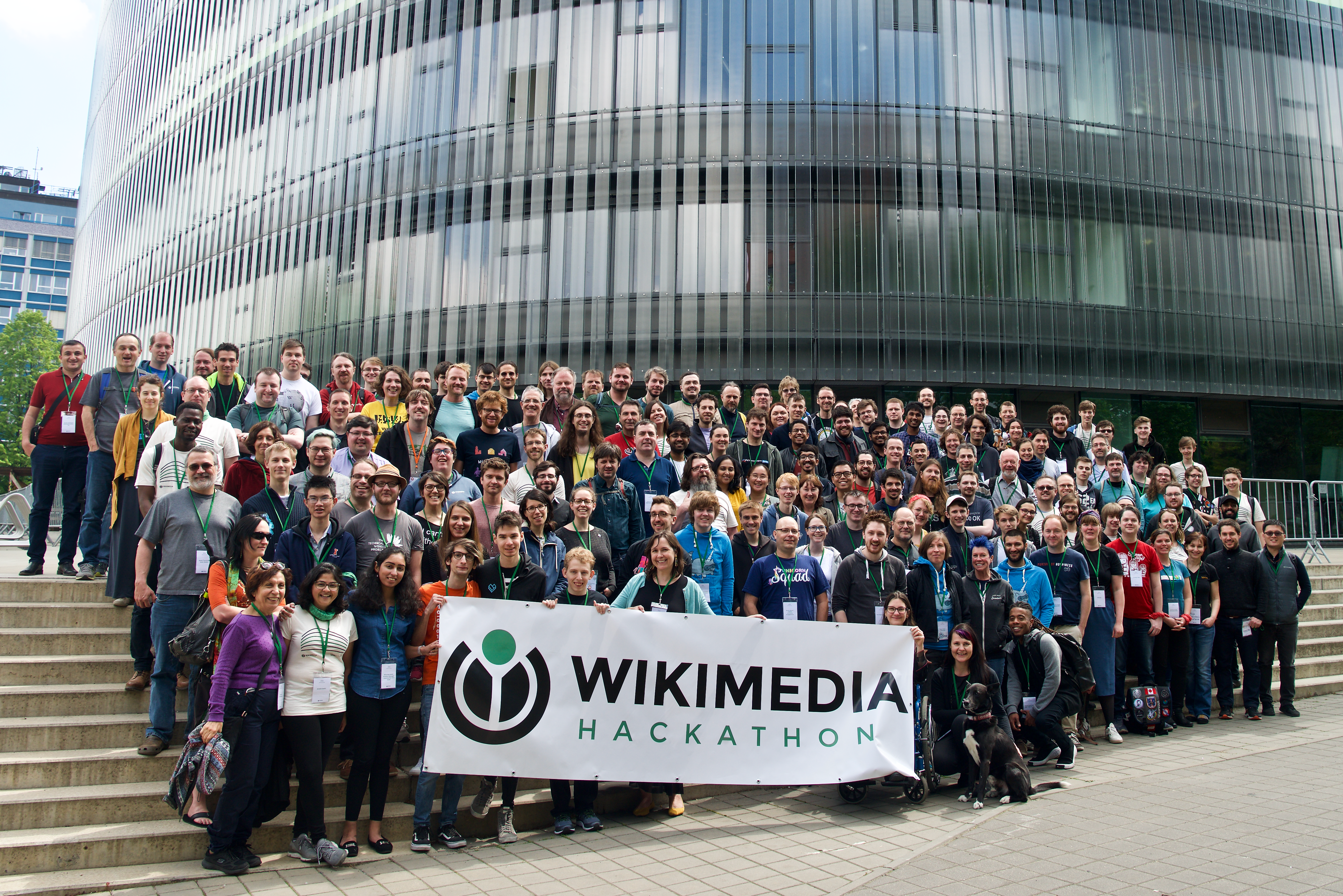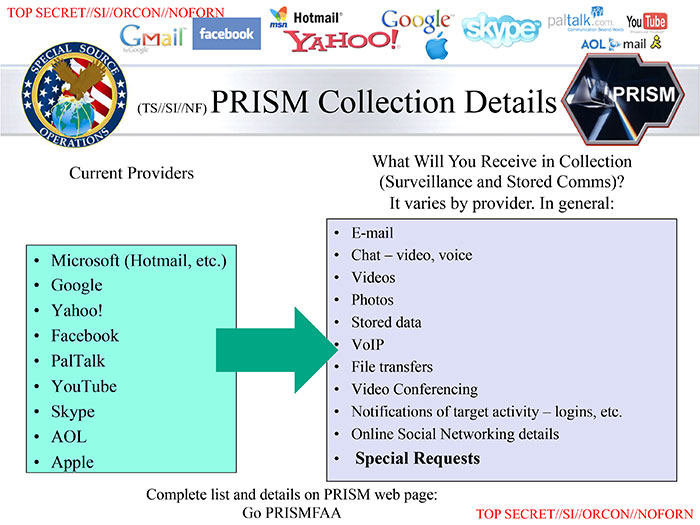|
Wargame (hacking)
In hacking, a wargame (or war game) is a cyber-security challenge and mind sport in which the competitors must exploit or defend a vulnerability in a system or application, or gain or prevent access to a computer system. A wargame usually involves a capture the flag logic, based on pentesting, semantic URL attacks, knowledge-based authentication, password cracking, reverse engineering of software (often JavaScript, C and assembly language), code injection, SQL injections, cross-site scripting, exploits, IP address spoofing, forensics, and other hacking techniques. Wargames for preparedness Wargames are also used as a method of cyberwarfare preparedness. The NATO Cooperative Cyber Defence Centre of Excellence (CCDCOE) organizes an annual event, Locking Shields, which is an international live-fire cyber exercise. The exercise challenges cyber security experts through real-time attacks in fictional scenarios and is used to develop skills in national IT defense strategies. ... [...More Info...] [...Related Items...] OR: [Wikipedia] [Google] [Baidu] |
Hacker (computer Security)
A security hacker is someone who explores methods for breaching defenses and exploiting weaknesses in a computer system or network. Hackers may be motivated by a multitude of reasons, such as profit, protest, information gathering, challenge, recreation, or evaluation of a system weaknesses to assist in formulating defenses against potential hackers. The subculture that has evolved around hackers is often referred to as the "computer underground". Longstanding controversy surrounds the meaning of the term "hacker." In this controversy, computer programmers reclaim the term ''hacker'', arguing that it refers simply to someone with an advanced understanding of computers and computer networks and that ''cracker'' is the more appropriate term for those who break into computers, whether computer criminals ( black hats) or computer security experts ( white hats). A 2014 article noted that "the black-hat meaning still prevails among the general public". History Birth of subcult ... [...More Info...] [...Related Items...] OR: [Wikipedia] [Google] [Baidu] |
SQL Injection
In computing, SQL injection is a code injection technique used to attack data-driven applications, in which malicious SQL statements are inserted into an entry field for execution (e.g. to dump the database contents to the attacker). SQL injection must exploit a security vulnerability in an application's software, for example, when user input is either incorrectly filtered for string literal escape characters embedded in SQL statements or user input is not strongly typed and unexpectedly executed. SQL injection is mostly known as an attack vector for websites but can be used to attack any type of SQL database. SQL injection attacks allow attackers to spoof identity, tamper with existing data, cause repudiation issues such as voiding transactions or changing balances, allow the complete disclosure of all data on the system, destroy the data or make it otherwise unavailable, and become administrators of the database server. In a 2012 study, it was observed that the average w ... [...More Info...] [...Related Items...] OR: [Wikipedia] [Google] [Baidu] |
Hacking (computer Security)
Hacking may refer to: Places * Hacking, an area within Hietzing, Vienna, Austria People * Douglas Hewitt Hacking, 1st Baron Hacking (1884–1950), British Conservative politician * Ian Hacking (born 1936), Canadian philosopher of science * David Hacking, 3rd Baron Hacking (born 1938), British barrister and peer Sports * Hacking (falconry), the practice of raising falcons in captivity then later releasing into the wild * Hacking (rugby), tripping an opposing player * Pleasure riding, horseback riding for purely recreational purposes, also called hacking * Shin-kicking, an English martial art also called hacking Technology * Hacker, a computer expert with advanced technical knowledge ** Hacker culture, activity within the computer programmer subculture * Security hacker, someone who breaches defenses in a computer system ** Cybercrime, which involves security hacking * Phone hacking, gaining unauthorized access to phones * ROM hacking, the process of modifying a video game's pr ... [...More Info...] [...Related Items...] OR: [Wikipedia] [Google] [Baidu] |
Campus Party
Campus Party (CP) is a conference and hackathon. Founded in 1997 as a technology festival and LAN party, the event was first held in Málaga, Spain, and has since been run in Argentina, Brazil, Canada, Colombia, Costa Rica, Ecuador, El Salvador, Germany, Italy, Mexico, Paraguay, Singapore, Spain, the Netherlands, Uruguay and USA. The event has evolved into an annual week-long, 24-hour-a-day festival involving online communities, gamers, programmers, bloggers, governments, universities, companies and students and covers technology innovation and electronic entertainment, with an emphasis on free software, programming, astronomy, social media, gaming, green technology, robotics, security networks and computer modeling. History In December 1996 ''EnRED'', a Spanish youth organization, wanted to found a small, private LAN party held at the Benalmádena Youth Center in Andalucía, Spain. Paco Regageles, then director of Channel 100, suggested they expand the event, and promoted ... [...More Info...] [...Related Items...] OR: [Wikipedia] [Google] [Baidu] |
Software Freedom Day
Software Freedom Day (SFD) is an annual worldwide celebration of Free Software organized by the Digital Freedom Foundation (DFF). SFD is a public education effort with the aim of increasing awareness of Free Software and its virtues, and encouraging its use. SFD was established in 2004 and was first observed on 28 August of that year. About 12 teams participated in the first Software Freedom Day. Since that time it has grown in popularity and while organisers anticipated more than 1,000 teams in 2010 the event has stalled at around 400+ locations over the past two years, representing a 30% decrease over 2009. Since 2006 Software Freedom Day has been held on the third Saturday of September. In 2022, this event will be held on 17 September. Organization Each event is left to local teams around the world to organize. Pre-registered teams (2 months before the date or earlier) receive free schwag sent by DFF to help with the events themselves. ThSFD wikicontains individual ... [...More Info...] [...Related Items...] OR: [Wikipedia] [Google] [Baidu] |
DEF CON
DEF CON (also written as DEFCON, Defcon or DC) is a hacker convention held annually in Las Vegas, Nevada. The first DEF CON took place in June 1993 and today many attendees at DEF CON include computer security professionals, journalists, lawyers, federal government employees, security researchers, students, and hackers with a general interest in software, computer architecture, hardware modification, conference badges, and anything else that can be "hacked". The event consists of several tracks of speakers about computer- and hacking-related subjects, as well as cyber-security challenges and competitions (known as hacking wargames). Contests held during the event are extremely varied, and can range from creating the longest Wi-Fi connection to finding the most effective way to cool a beer in the Nevada heat. Other contests, past and present, include lockpicking, robotics-related contests, art, slogan, coffee wars, scavenger hunt and Capture the Flag. Capture the Flag (CTF) is p ... [...More Info...] [...Related Items...] OR: [Wikipedia] [Google] [Baidu] |
Hackathon
A hackathon (also known as a hack day, hackfest, datathon or codefest; a portmanteau of hacking and marathon) is an event where people engage in rapid and collaborative engineering over a relatively short period of time such as 24 or 48 hours. They are often run using agile software development practices, such as sprint-like design wherein computer programmers and others involved in software development, including graphic designers, interface designers, product managers, project managers, domain experts, and others collaborate intensively on engineering projects, such as software engineering. The goal of a hackathon is to create functioning software or hardware by the end of the event. Hackathons tend to have a specific focus, which can include the programming language used, the operating system, an application, an API, or the subject and the demographic group of the programmers. In other cases, there is no restriction on the type of software being created or the design of the ne ... [...More Info...] [...Related Items...] OR: [Wikipedia] [Google] [Baidu] |
Cooperative Cyber Defence Centre Of Excellence
NATO CCD COE, officially the NATO Cooperative Cyber Defence Centre of Excellence ( et, italic=yes, K5 or ''NATO küberkaitsekoostöö keskus''), is one of NATO Centres of Excellence, located in Tallinn, Estonia. The centre was established on 14 May 2008, it received full accreditation by NATO and attained the status of International Military Organisation on 28 October 2008. NATO Cooperative Cyber Defence Centre of Excellence is an international military organisation with a mission to enhance the capability, cooperation and information sharing among NATO, its member nations and partners in cyber defence by virtue of education, research and development, lessons learned and consultation. History In 2003, prior to the country's official accession to NATO, Estonia proposed the creation of a Centre of Excellence. The 2006 Riga summit listed possible cyber attacks among the asymmetric threats to the common security and acknowledged the need for programs to protect information systems o ... [...More Info...] [...Related Items...] OR: [Wikipedia] [Google] [Baidu] |
Cyberwarfare
Cyberwarfare is the use of cyber attacks against an enemy state, causing comparable harm to actual warfare and/or disrupting vital computer systems. Some intended outcomes could be espionage, sabotage, propaganda, manipulation or economic warfare. There is significant debate among experts regarding the definition of cyberwarfare, and even if such a thing exists. One view is that the term is a misnomer, since no cyber attacks to date could be described as war. An alternative view is that it is a suitable label for cyber attacks which cause physical damage to people and objects in the real world. Many countries including the United States, United Kingdom, Russia, China, Israel, Iran, and North Korea have active cyber capabilities for offensive and defensive operations. As states explore the use of cyber operations and combine capabilities, the likelihood of physical confrontation and violence playing out as a result of, or part of, a cyber operation is increased. However, meeti ... [...More Info...] [...Related Items...] OR: [Wikipedia] [Google] [Baidu] |
Computer Forensics
Computer forensics (also known as computer forensic science) is a branch of digital forensic science pertaining to evidence found in computers and digital storage media. The goal of computer forensics is to examine digital media in a forensically sound manner with the aim of identifying, preserving, recovering, analyzing and presenting facts and opinions about the digital information. Although it is most often associated with the investigation of a wide variety of computer crime, computer forensics may also be used in civil proceedings. The discipline involves similar techniques and principles to data recovery, but with additional guidelines and practices designed to create a legal audit trail. Evidence from computer forensics investigations is usually subjected to the same guidelines and practices of other digital evidence. It has been used in a number of high-profile cases and is accepted as reliable within U.S. and European court systems. Overview In the early 1980s person ... [...More Info...] [...Related Items...] OR: [Wikipedia] [Google] [Baidu] |
IP Address Spoofing
In computer networking, IP address spoofing or IP spoofing is the creation of Internet Protocol (IP) packets with a false source IP address, for the purpose of impersonating another computing system. Background The basic protocol for sending data over the Internet network and many other computer networks is the Internet Protocol (IP). The protocol specifies that each IP packet must have a header which contains (among other things) the IP address of the sender of the packet. The source IP address is normally the address that the packet was sent from, but the sender's address in the header can be altered, so that to the recipient it appears that the packet came from another source. The protocol requires the receiving computer to send back a response to the source IP address therefore spoofing is mainly used when the sender can anticipate the network response or does not care about the response. The source IP address provides only limited information about the sender. It may p ... [...More Info...] [...Related Items...] OR: [Wikipedia] [Google] [Baidu] |
Exploit (computer Security)
An exploit (from the English verb ''to exploit'', meaning "to use something to one’s own advantage") is a piece of software, a chunk of data, or a sequence of commands that takes advantage of a bug or vulnerability to cause unintended or unanticipated behavior to occur on computer software, hardware, or something electronic (usually computerized). Such behavior frequently includes things like gaining control of a computer system, allowing privilege escalation, or a denial-of-service (DoS or related DDoS) attack. In lay terms, some exploit is akin to a 'hack'. Classification There are several methods of classifying exploits. The most common is by how the exploit communicates to the vulnerable software. A ''remote exploit'' works over a network and exploits the security vulnerability without any prior access to the vulnerable system. A ''local exploit'' requires prior access to the vulnerable system and usually increases the privileges of the person running the exploit past tho ... [...More Info...] [...Related Items...] OR: [Wikipedia] [Google] [Baidu] |





